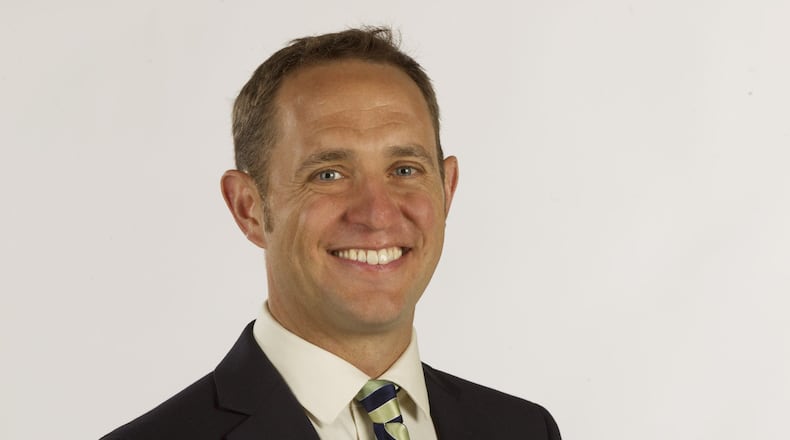Dear Maris,
Parents making each other feel bad while pretending to give “parenting advice” is a time-honored tradition, and you are right, it really damages relationships between adults. I have had many parents tell me that they have stopped socializing with certain couples because of this dynamic.
Here are a couple of my favorite passive-aggressive parenting attacks that masquerade as “parenting advice”:
“If you shower your kids with love, they will be well-behaved.”
(Translation: if you have poorly behaved kids, you must not love them.)
“If you treat your kids with respect, they will always treat you with respect.”
(Translation: if you have poorly behaved kids, you must have been horribly mean to them.)
Neither of these opinions is correct, as anyone who has spent significant time with kids can tell you. What makes things worse is that most canned “parenting programs” take advantage of a similar dynamic: they don’t really espouse much that is helpful and don’t improve kids’ behaviors, but they are wildly successful at making the people who read the books feel superior to everyone else. It’s a fantastic business plan that tends to hurt kids.
So, here’s how I would set boundaries with other parents in your friend group. Disclaimer: you have to be willing to walk away from the friend group, at least briefly, but it sounds like you are about to do that anyway.
Parent #1: My husband and I are of the belief that children are made up of stardust and unicorn essence, and they will be constant sources of pure light and profound love, unless they are corrupted by parents being mean jerks.
Kid Whisperer: I feel talked down to when you say things like that because I have not found that to be the case with my kids. I’m not a mean jerk, and I feel like my kids do things that get them what they want, just like all mammals do.
Parent #2: Maybe you should try harder not to be a jerk. Have you tried that?
Kid Whisperer: I can continue to be here as long as we can have an honest conversation, or as long as I’m not being attacked with passive aggressive comments.
Parent #1: Maybe you are being a jerk because your parents were also jerks?
Kid Whisperer: And how long did I say I would continue to be here? Byeeee.
Notice that I didn’t try to argue with the silly points, and I didn’t tell anyone what to do. I set a limit and followed through. I would take a break from play dates, social hours, etc. for several weeks. If asked, I would say that I may try being with the group and that I will stay for as many seconds as I feel respected. This way I can stay with the group on my own terms, and I can keep my dignity intact.
Scott Ervin, M.Ed, is a former teacher and principal. He is the author of “The Classroom Behavior Manual: How to Build Relationships, Share Control, and Teach Positive Behaviors.” He is a behavioral consultant and proud Daytonian. More information can be found at www.behavioralleadership.com.
Credit: Contributed
Credit: Contributed
About the Author


